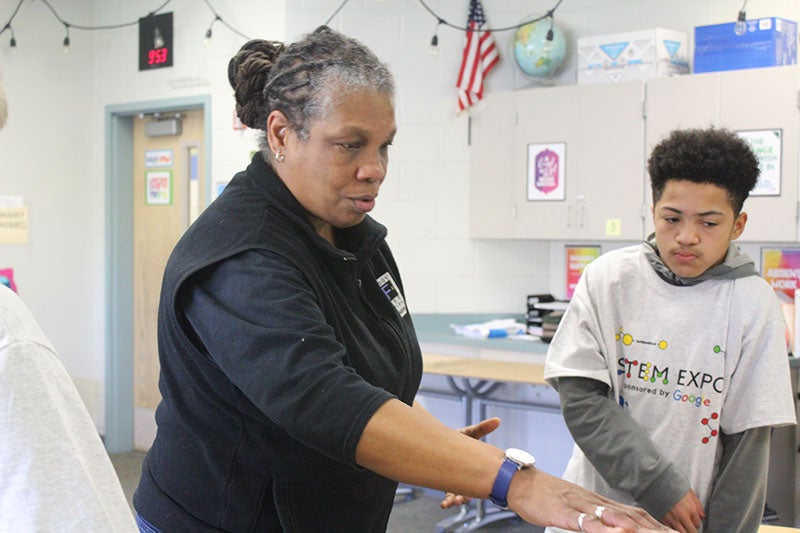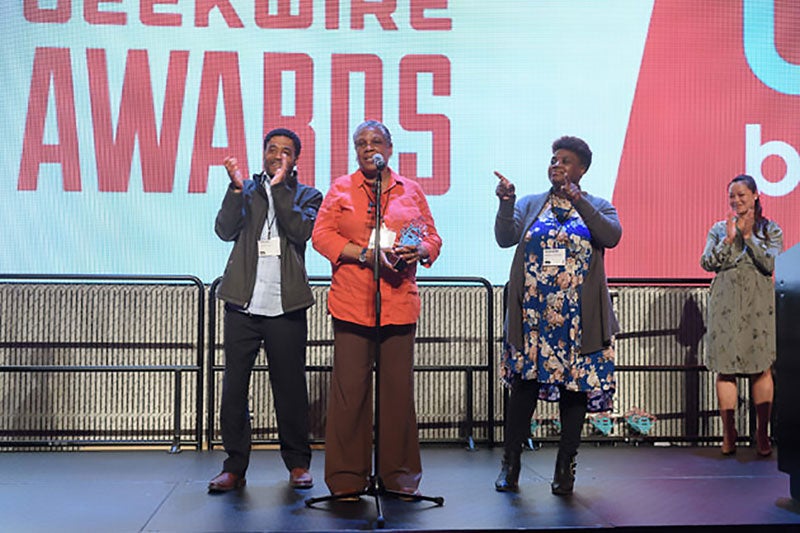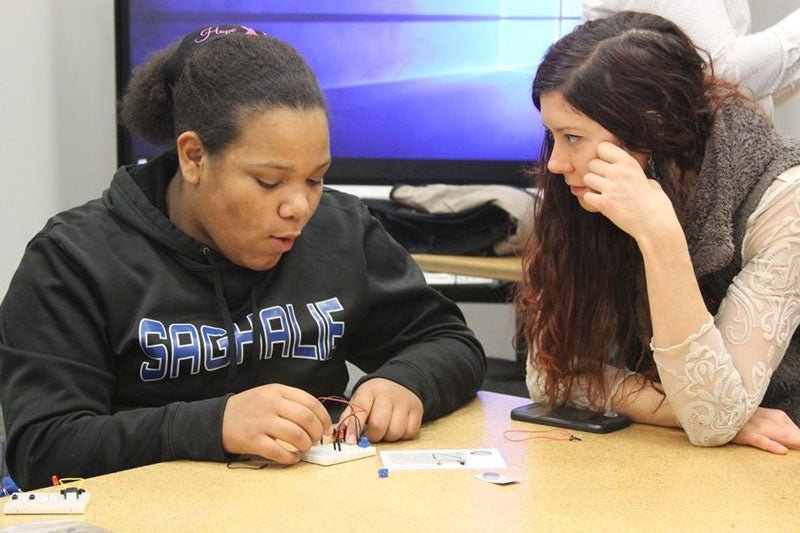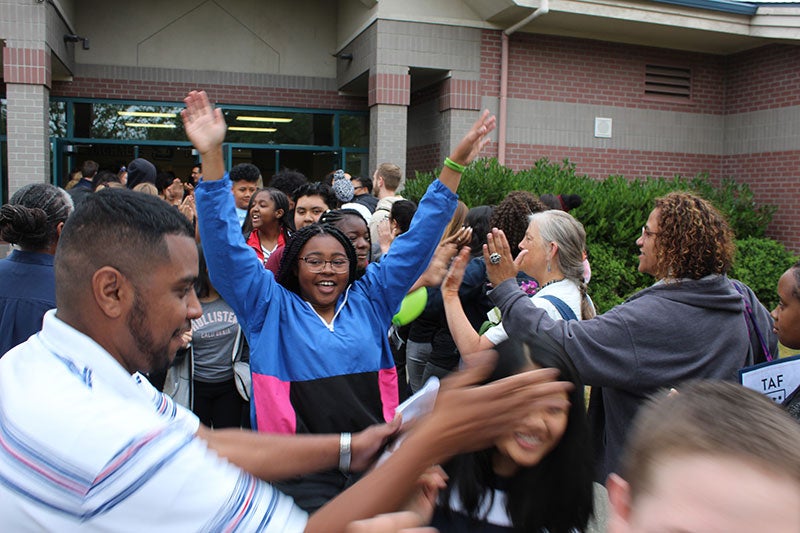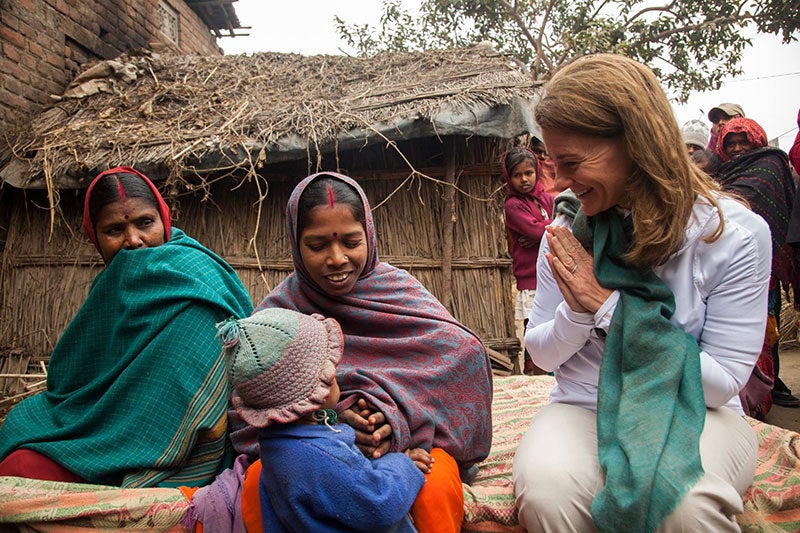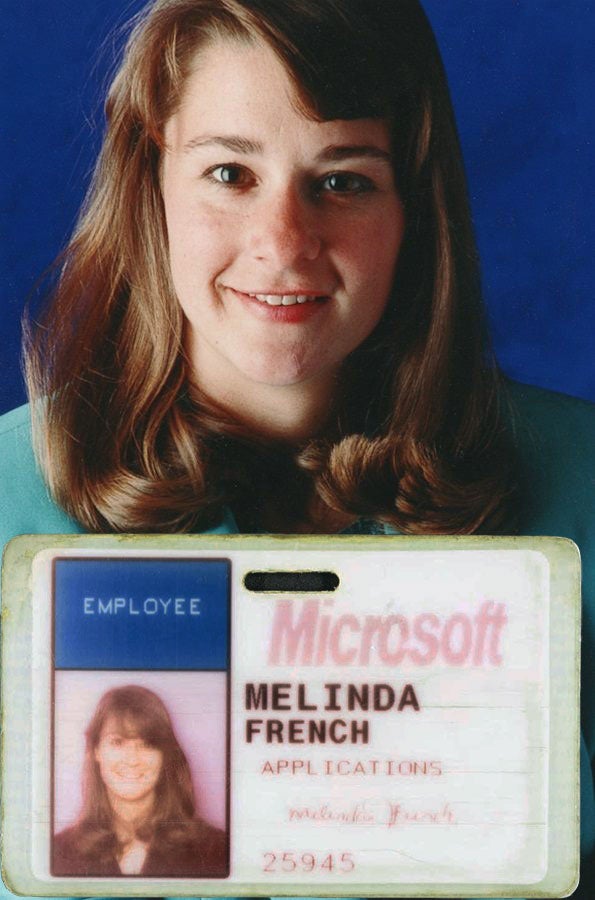Tech and Philanthropy
Trish Millines Dziko
Trish Millines Dziko retired from Microsoft, a millionaire at 39, to teach computer skills to minority children. An African American woman who rose from programming to prominence in Puget Sound's largely white male geekocracy, she's been anything but retiring. The nonprofit she founded in 1996, the Technology Access Foundation, has evolved from after-school training in south Seattle to a model for teaching throughout public schools. Her team has partnered with the Federal Way and Tacoma school districts to bring Dziko's version of project-based learning to classrooms. It often begins with an authentic question from students such as, "How do I help my family in a natural disaster?" Math, science, writing and more are then woven into lessons. Dziko wants to export that vision around the state.
Her drive comes from her mother, Pat Millines, who cleaned houses for a living, and insisted her daughter attend college. "You can't get any better of a role model than her," says Dziko, who went to college on a basketball scholarship after her mom died of cancer.
Read more about Trish Millines Dziko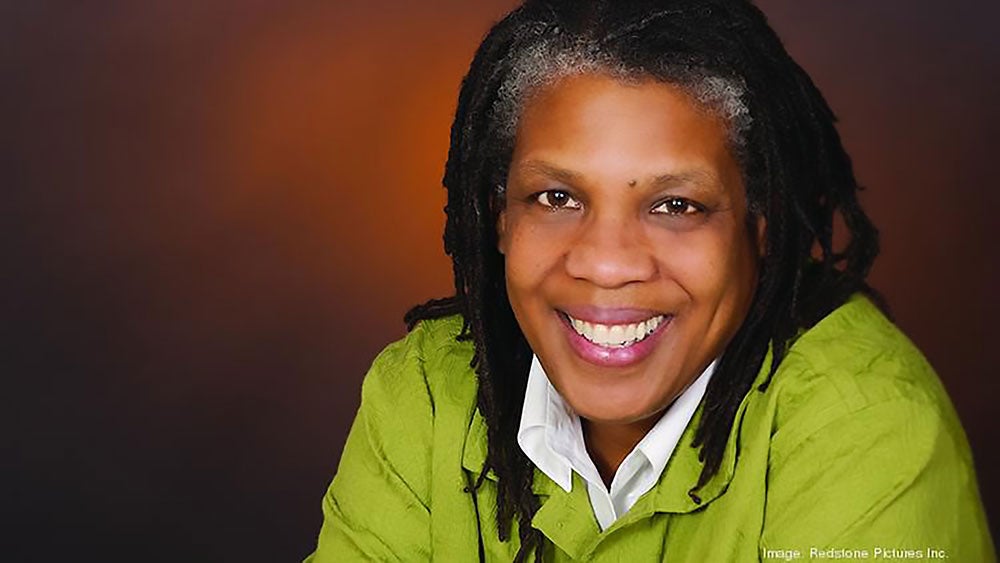
"You have it, you share it," Dziko said after quitting Microsoft in 1996 to start the nonprofit Technology Access Foundation (TAF). Redstone Pictures Inc.
Click/tap images for larger view
Top left: Dziko tells students they need education or training beyond high school, whatever they may want to be. TAF
Top right: Dziko and her team won the 2018 "Geeks Give Back" award from Geekwire, a tech news site. Geekwire
Bottom left: A volunteer helps a student build a circuit at the school TAF runs in partnership with the Federal Way district. TAF
Bottom right: In an annual tradition, TAF staff "high-five" students on the last day of the school year. TAF
Melinda Gates
For years, Melinda Gates was a low-profile partner in the world's richest philanthropy, which has donated more than $45 billion for causes such as vaccinations in developing countries. But in 2012 she wanted the Bill & Melinda Gates Foundation to improve access to family planning for Asian and African women. As a Catholic, she struggled with the decision, but concluded contraceptives are the "greatest life-saving, poverty-ending, women-empowering innovation ever created."
She announced the foundation would increase its family planning spending to $1 billion by 2020. It was a milestone for Gates in her advocacy for gender equality. She unveiled a $170 million initiative in 2018 to improve economic opportunities for women in India, Kenya, Tanzania and Uganda. And her 2019 book, subtitled How Empowering Women Changes the World, emphasizes that the U.S. is the only industrialized country without a paid maternity leave law. "It's a better time in the world to be a woman than it has ever been," she told The Chronicle of Philanthropy. "Yet it's not getting better fast enough."

Bill traditionally wrote the foundation's annual letter. When Melinda wanted a part in authoring it, Bill balked. "It got hot. We both got angry," she said. The letters have been signed "Bill & Melinda" every year since. Melinda Gates
Click/tap images for larger view
Top left: Melinda and Bill first went to Africa to see animals, but were soon committed to helping children suffering from malaria, polio, and other diseases. Melinda Gates
Top right: Women in India tell Gates they need contraceptives to space out their pregnancies, which is better for their health and their children's health. Melinda Gates
Bottom: Since Melinda French started at Microsoft in 1987 the percentage of computer science degrees going to women fell from 37 to 18 percent. Melinda Gates

